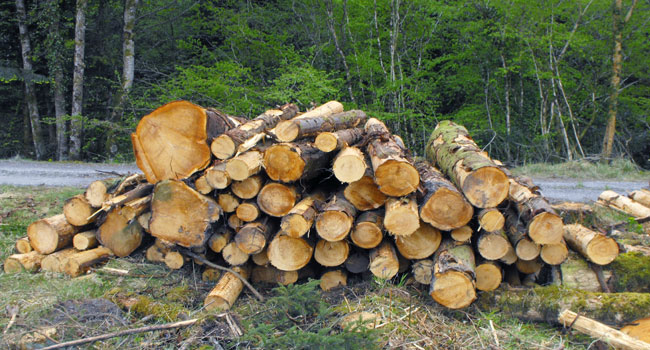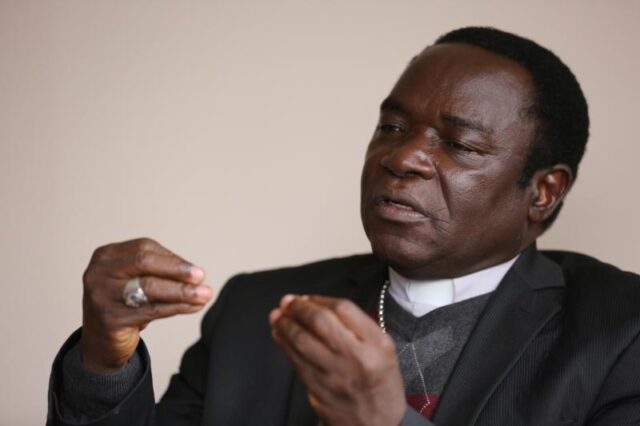Despite directly impacting our communities, health and livelihood, climate-related reports usually take a back seat to dominant news beats like politics and business. Climate Watch aims to ensure you never miss important stories on climate change and actions being taken towards limiting its impact.
Here is a round-up of last week’s climate stories:
- On April 11, Nigeria launched the national strategy to combat wildlife and forest crime 2022-2026. This is part of its commitment to the Convention on International Trade in Endangered Species of Fauna and Flora (CITES). Mohammed Abdullahi, minister of environment, said the document aims to rid Nigeria of the menace of wildlife crimes. He said with the launch of the strategy, Nigeria has adhered to the international community’s demand for well-structured guidelines, legislation and punishment for [poachers/killers of] wildlife and perpetrators of other related forest crimes. He added that the new development will require enhancing institutional capacity, removing crime enablers, as well as raising awareness on wildlife crime.
- In a similar vein, Nigeria also launched the national forest policy to improve the country’s forest sector and increase the forest cover from less than eight percent to 25 percent. Sharon Ikeazor, minister of state for environment, said Nigeria’s forest area has been on a continuous decline from “10 percent in 1970 to less than eight percent today”. She said the policy is centred on sustainable forest management and national development agenda of poverty reduction, improved livelihood, sustainable development, good forest governance, transparency and accountability, biodiversity conservation, sustainable provision of forest goods and services as well as value chain addition, and fulfillment of international commitments.
Advertisement
- Vice-President Yemi Osinbajo, on April 11, said the shrinking of the Lake Chad Basin is threatening over 30 million people who get water from the region. He also said climate change and multiple challenges within the Lake Chad region have brought about violent contests for food and water, and other means of livelihoods. He added that the region faces an international crisis that should be contained through collaboration, cooperation and synergy.
- In another development, Osinbajo said Nigeria needs $410 billion to achieve its energy transition goals. He said for the country to upgrade its power infrastructure, it needs to add more than 200 gigawatts of new power capacity and upscale its solar power generation by 2060. He said Africa must be allowed to transition in a just manner, adding that energy investment rules set by developed countries are the opposite of climate justice when applied to Africa. Read more here.
- The United Nations has allocated $15 million to Nigeria out of the $100 million earmarked for Africa and Middle East to address food insecurity. The contribution from the Central Emergency Response Fund (CERF), announced on April 14, would go towards relief projects in six African countries and Yemen. The countries are Nigeria, Somalia, Ethiopia, Kenya, Sudan and South Sudan. Martin Griffiths, the UN emergency relief coordinator, said the food insecurity in these countries is mainly being driven by armed conflict, drought and economic turmoil, and the Ukraine conflict is making a dire situation even worse.
Advertisement
- The International Monetary Fund (IMF) plans to raise at least $45 billion for a new trust to help “low-income and vulnerable middle-income countries” cope with the challenges of the pandemic and climate change. The organisation announced, on April 13, that the trust, which is to be known as ‘The Washington-based Crisis Lender’s Resilience and Sustainability Trust (RST)’, will come into effect on May 1. Kristalina Georgieva, IMF managing director, said the goal of the trust is to redistribute funds from wealthier countries to more vulnerable ones as members look to support global economic recovery from the COVID pandemic.
Add a comment





